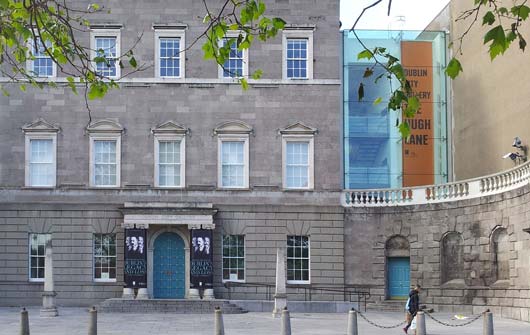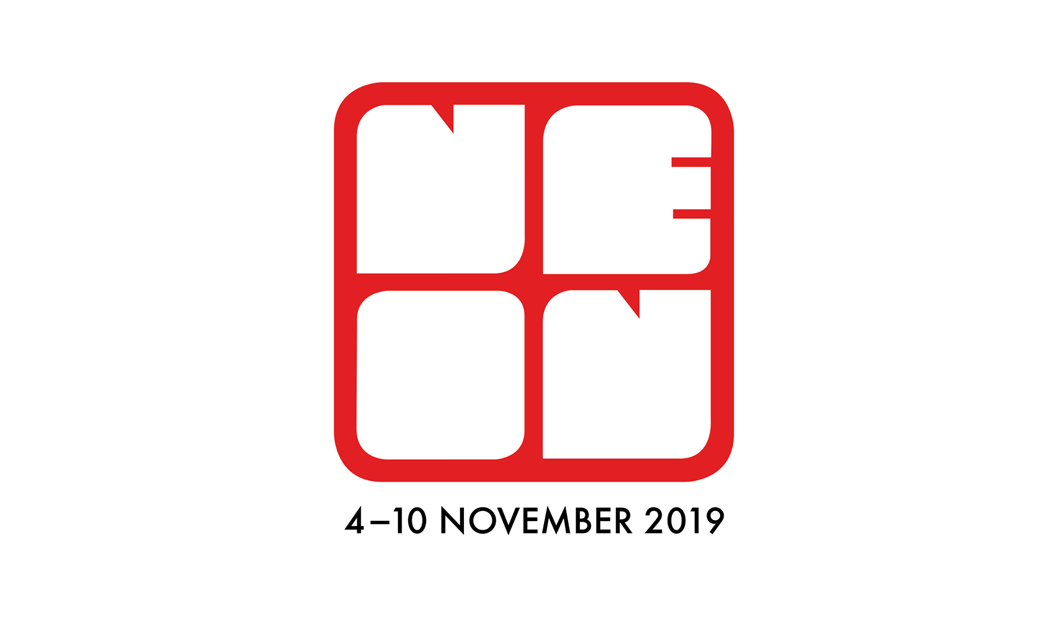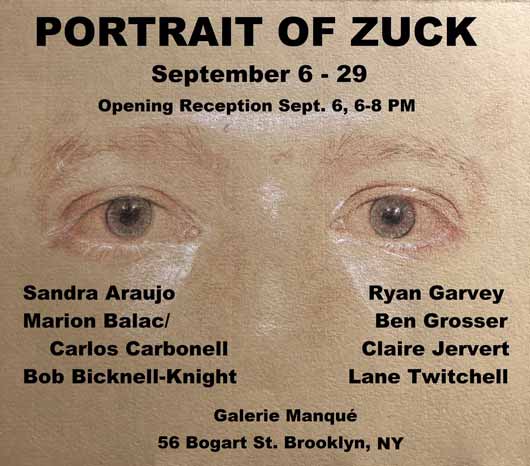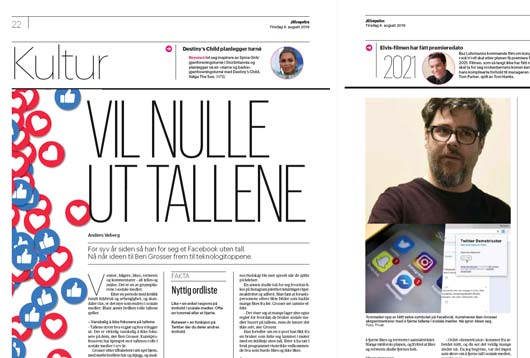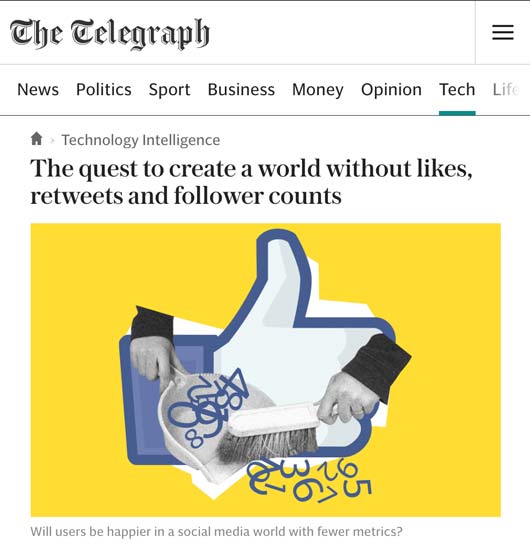
The Wrong Biennale (artwork image by Mit Borras)
The Wrong Biennale is a bi-annual worldwide exhibition of digital art that is now in its 4th edition. Located in physical exhibitions, web-based spaces, and specialized routers across the world, the Biennale will present the work of more than 2000 artists.
I’m happy to have several works on view as part of this year’s edition. I’ll have a few net art related videos in the Biennale’s main embassy and exhibition titled EPICENTRE at the Centre del Carme in Valencia, Spain. I’ll also have works in the online pavilions VERY LARGE WORKS and Perfect Users, and at #nfcdabatthewrong showing in the Circle/Triangle Modern Art Gallery in Wroclaw, Poland. My project from the last edition of The Wrong, NET ART FOR STORAGE, is also a “tunnel” for the pavilion called The Burrow. Through this tunnel I’ll be archiving another artist’s durational work throughout The Wrong (stay tuned for more on that).
Finally, I’m happy to be on this year’s The Wrong Council, the organizing group for the Biennale. I’ve been delighted to help in small ways, though would point to all my colleagues on the Council as having contributed more than myself! The Council is: Erica Lapadat-Janzen, Florian Kuhlmann, Graziela Calfat, Guilherme Brandão, Janire Goikoetxea, Miyö van Stenis, Jon Cates, Pablo Hannon, Moises Mañas, and Patrick Lichty. As always, The Wrong is organized by David Quiles Guilló—though “organized” doesn’t really capture the amazing feats of coordination David demonstrates in his leadership of this project.
The Wrong Biennale opens on 1 November and runs through 1 March 2020. Many of the exhibitions will change throughout the run, so keep checking back!
